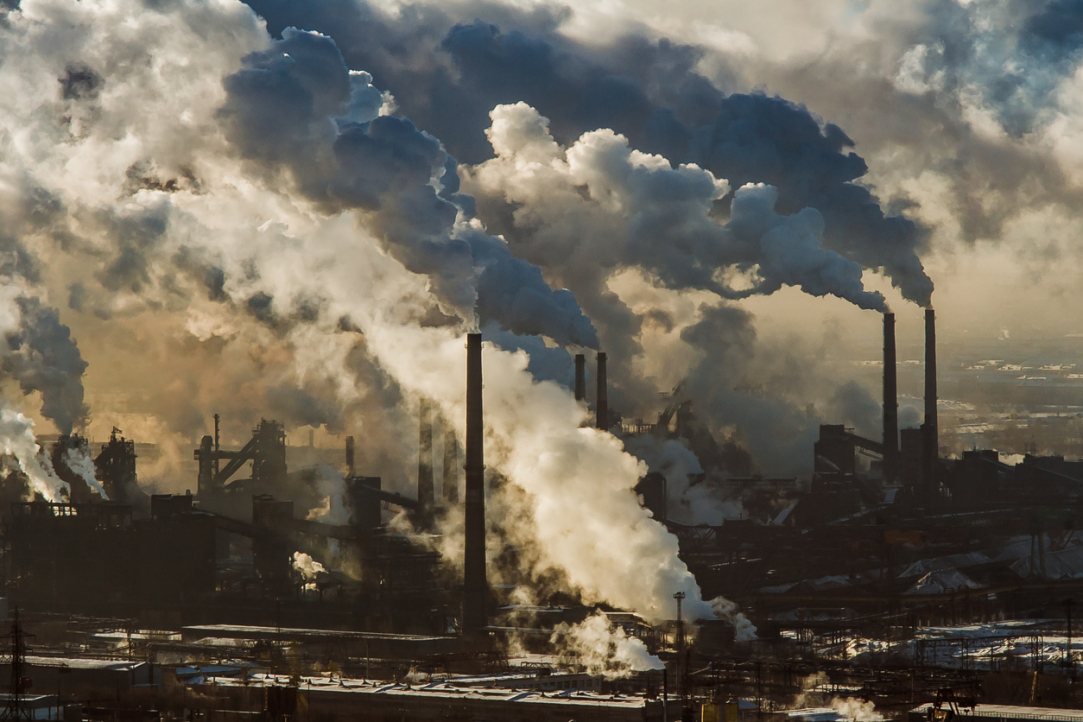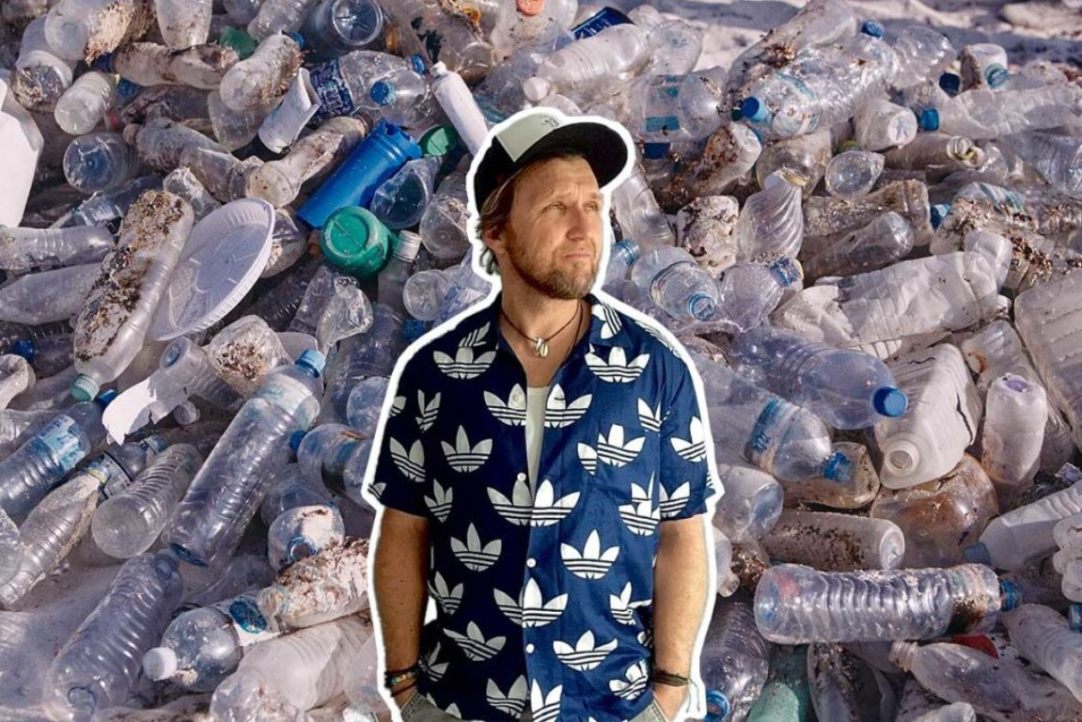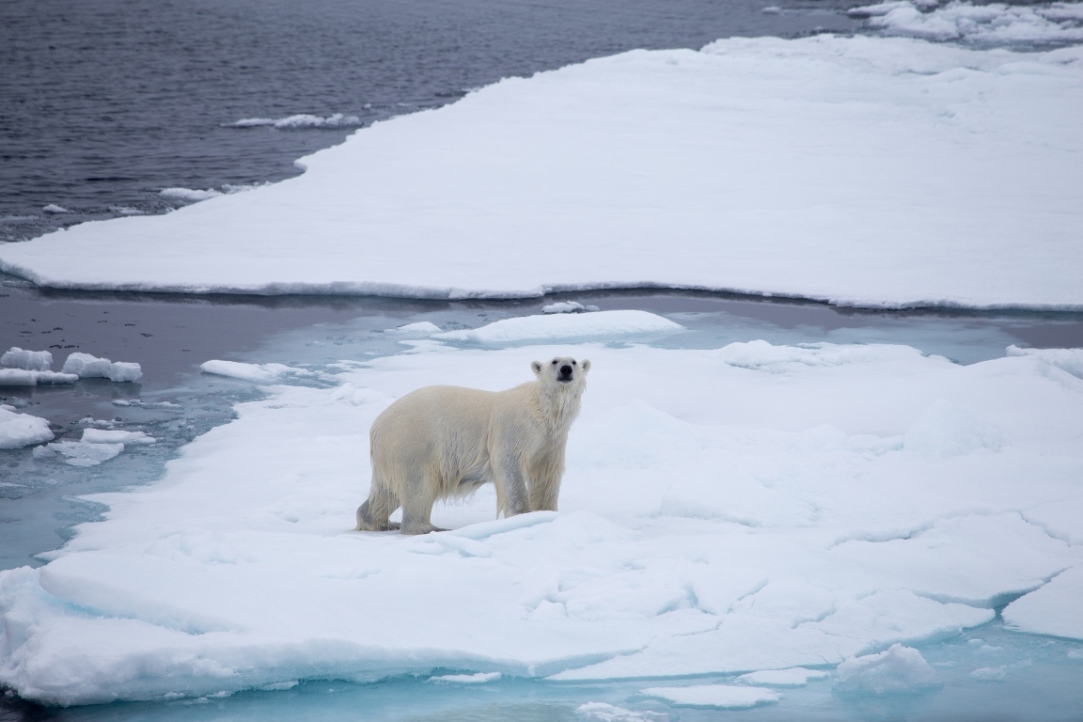
‘Green’ Taxes: An Analysis of Climate Policy Effectiveness
It is believed that carbon dioxide emissions into the atmosphere are mainly regulated by ‘direct’ economic instruments - the carbon tax and the Emissions Trading System (ETS). However, a comparative analysis has shown that ‘indirect’ instruments, such as excise taxes on motor fuel and other energy taxes, did not yield any lesser impact than their ‘direct’ counterparts, and, over time, were even more effective.

‘Green’ Taxes: An Analysis of Climate Policy Effectiveness
It is believed that carbon dioxide emissions into the atmosphere are mainly regulated by ‘direct’ economic instruments - the carbon tax and the Emissions Trading System (ETS). However, a comparative analysis has shown that ‘indirect’ instruments, such as excise taxes on motor fuel and other energy taxes, did not yield any lesser impact than their ‘direct’ counterparts, and, over time, were even more effective. This is the conclusion drawn by HSE researcher Ilya Stepanov in his article, ‘Taxes in the Energy Sector and Their Role in Reducing Greenhouse Gas Emissions’.

HSE & adidas: Helping Clean the Planet of Plastic
On June 3, a meeting with Chris Thaller, Head of Creative Projects at Runtastic by adidas and founder of the Parley Foundation, who is involved in a project to gather and recycle oceanic plastic, will take place at HSE University.

HSE Creates Institute of Ecology
The new institute will be engaged in research and educational activities and will provide expert and analytical support for state projects in the field of environmental safety, as well as for projects outlined by Russia's federal policy in the Arctic.
7.5 m³
of trash was collected by Green HSE volunteers and other environmental activists in the first two weeks of August along the bank of the Moscow Canal in Dubna and in the Moscow park Yauza.
Separate Plastic Collection for Recycling Available at HSE
The environmental student organization Green HSE has launched a service for the separate collection of plastic waste. Special yellow containers can be found across HSE buildings. For now only plastic bottles can be collected for recycling.
92 kilograms
of old electronics were collected by volunteers from Green HSE during an eco-event dedicated to World Earth Day.
1.6 С
is the average temperature increase every ten years since 1976 in Russia’s environmentally vulnerable regions.
1.5 kilometres
of shoreline along the Moscow Canal were cleaned by volunteers taking part in a workday organized by members of the HSE Yacht Club in the Moscow Region town of Dubna.
2100
is the year that glaciers may disappear from the earth if the average air temperature in the high mountain ranges rises by 8 degrees Celsius and precipitation levels fall by 16%.


Deadline for applications to present academic reports - January 20, 2025